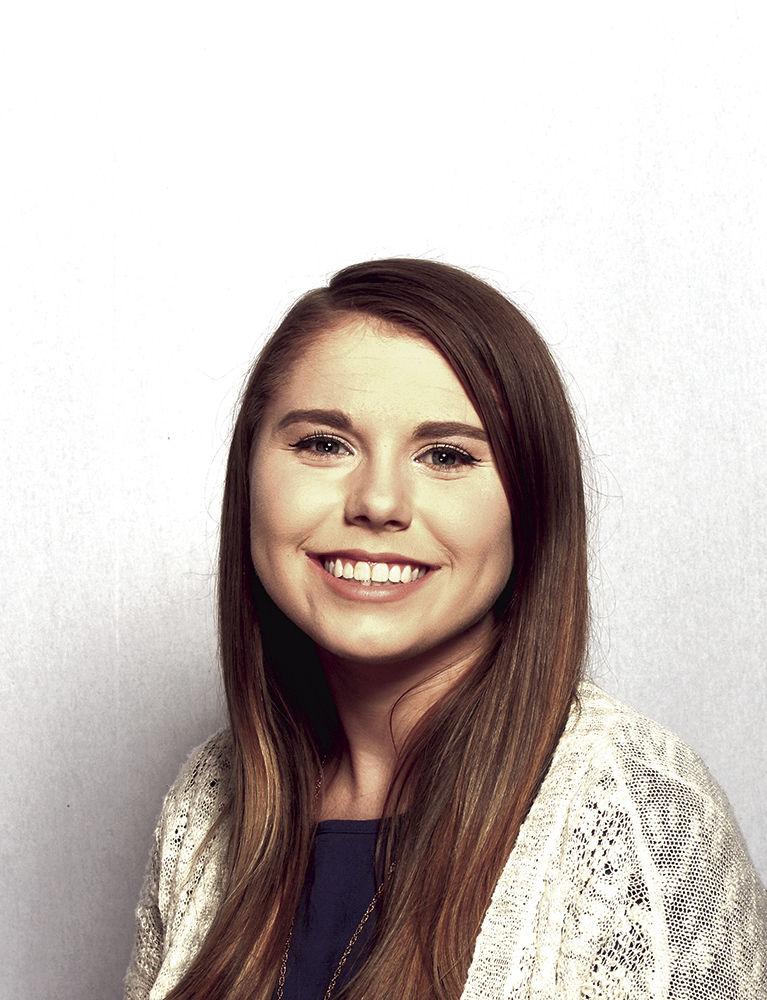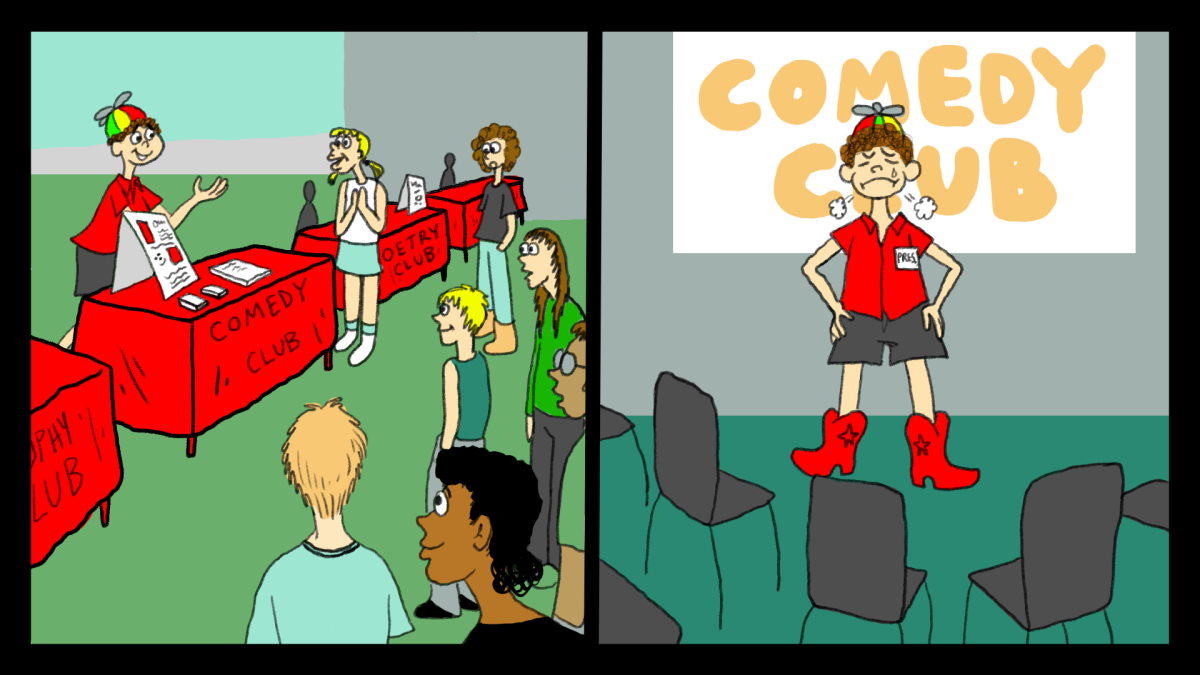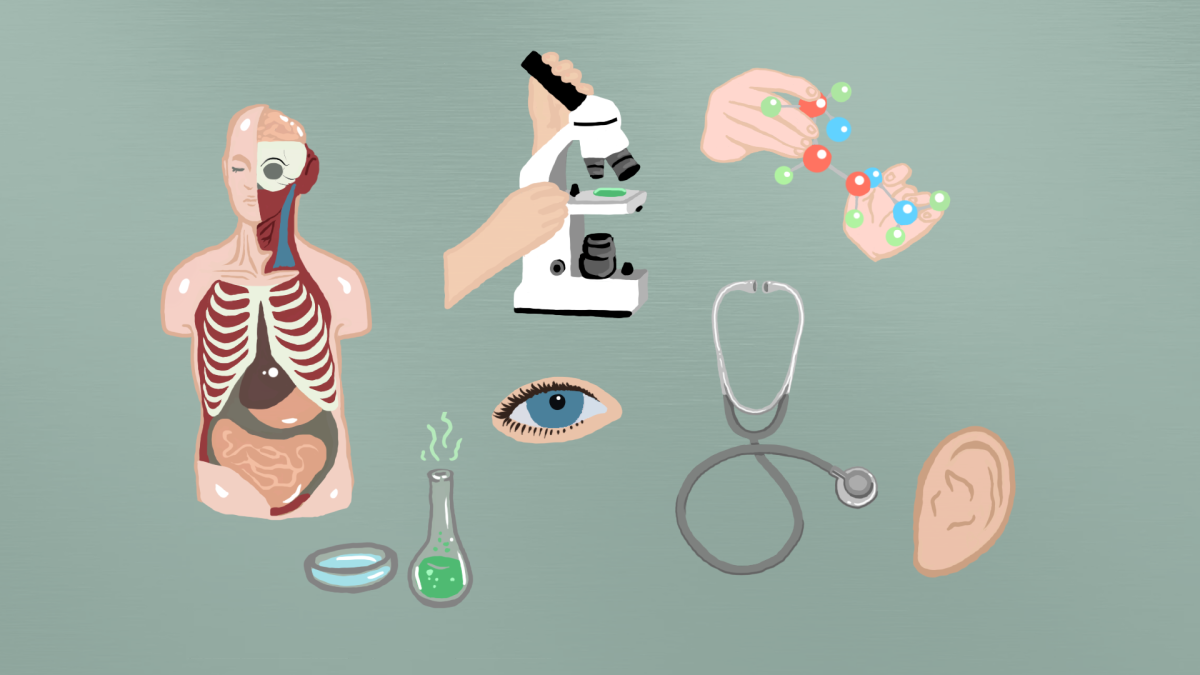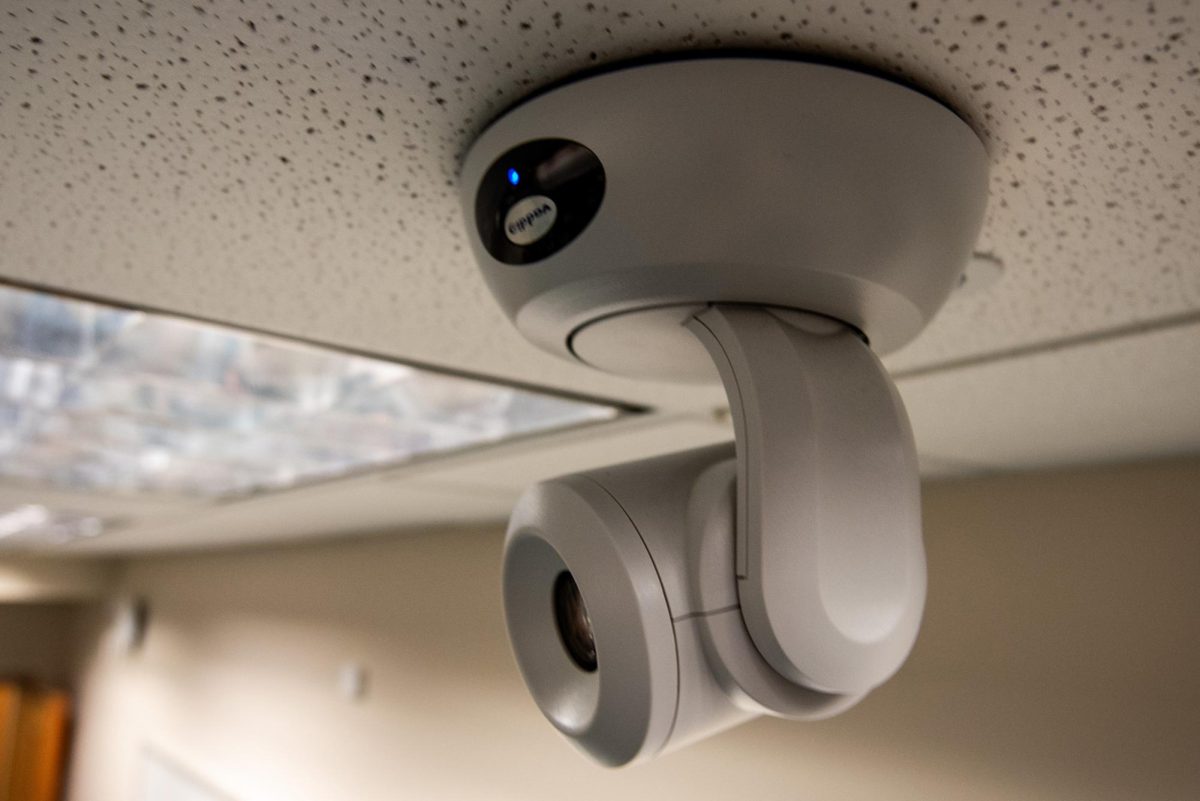In 2015, former UNC-Chapel Hill student Chandler Kania was sentenced to 16 years in prison after driving while intoxicated on the opposite side of I-85, crashing into another vehicle and killing three people. Now over two years after the tragic manslaughter case, settlements are still occurring.
On Friday, one of the two UNC-CH students who hosted the party where Kania was served alcohol agreed to pay $50,000 in lawsuit settlements. Other lawsuits have affected “the bars that served him before the wreck, two friends who provided alcohol to Kania, and UNC’s Delta Chapter of Sigma Phi Epsilon fraternity” according to the Herald Sun.
To some NC State students, these tragedies may seem like isolated incidents or something that wouldn’t happen here, since many college students have designated drivers or use ride-sharing apps on their phones. Although Uber, Lyft, taxis and other ride-sharing options are readily available, NC State students are still risking their lives and the lives of others by drunk driving.
In May of last year, NC State student Cheyanne Nicole Hass was killed after getting in an accident days before she was set to graduate. Hass was an unrestrained passenger in a vehicle driven by James Randall Thomas, an NC State student who was then charged “with driving while impaired, reckless driving and felony death by motor vehicle,” according to WRAL.
According to the CDC, 28 percent of drivers involved in fatal crashes under the influence of alcohol in 2015 were between the ages of 21 and 24. Also, according to MADD, “every day in America, another 29 people die as a result of drunk driving crashes. That’s one person every 50 minutes.”
The fact that the age group that commits almost one third of fatal crashes is the same age group of college students is astonishing to me. We have our phones on us at all times, which means that a ride sharing app is only a tap away. We have Howl for Help for any alcohol-related emergencies — yes, a potential drunk driver is an emergency. There is no excuse for us to get behind a wheel if we’ve been drinking.
There are 7 million Uber drivers, which means there is always someone available to call instead of drinking and driving. Paying a surcharge for a guaranteed safe ride home is not even close to the expense of accidentally hurting someone or taking their life. Why take the risk?
According to NC State’s “Alcohol and Other Drug Prevention Education” the financial consequences for a DUI is a minimum of $16,086. Other consequences include “license suspension or revocation,” “higher car insurance rates” and “jail time,” according to the DMV. And, for drivers under 21, a DUI means losing your license for a minimum of one year and other consequences including fines and community service.
In North Carolina, 1.4 percent of drivers have reported driving after drinking too much according to the Behavioral Risk Factor Surveillance System. Still, our own personal definition of “drinking too much” can contrast with what the law says.
For some students, drinking two beers can put their BAC over the legal limit, while others it will not, depending on their tolerance, weight, sex, and other factors. The NHTSA notes that drivers with a BAC lower than .08 can be a danger. “In 2016, there were 2,017 people killed in alcohol-related crashes where drivers had lower alcohol levels,” which means that even “buzzed” driving is still putting lives at risk.
“In 2015, 10,265 people died in alcohol-impaired driving crashes, accounting for nearly one-third (29%) of all traffic-related deaths in the United States” according to the CDC. If someone had intervened, called a taxi or taken any preventative action, then possibly these deaths would not have occurred.
At NC State we have services available 24/7 to help in these types of alcohol related situations. We have Howl for Help, Uber, Lyft, and other apps. Calling a ride for an intoxicated person removes the temptation of them driving. Offering to be a designated driver can decrease the potential of drunk driving.
Drunk driving is preventable. Thousands of people are dying because of the reckless decisions of others. What happened at UNC-CH and the ongoing consequences that are still unraveling is not an isolated incident. It’s happened here and it can happen again. By being cognizant of our own and others’ behaviors we can stop more of these unnecessary injuries and deaths from happening.





